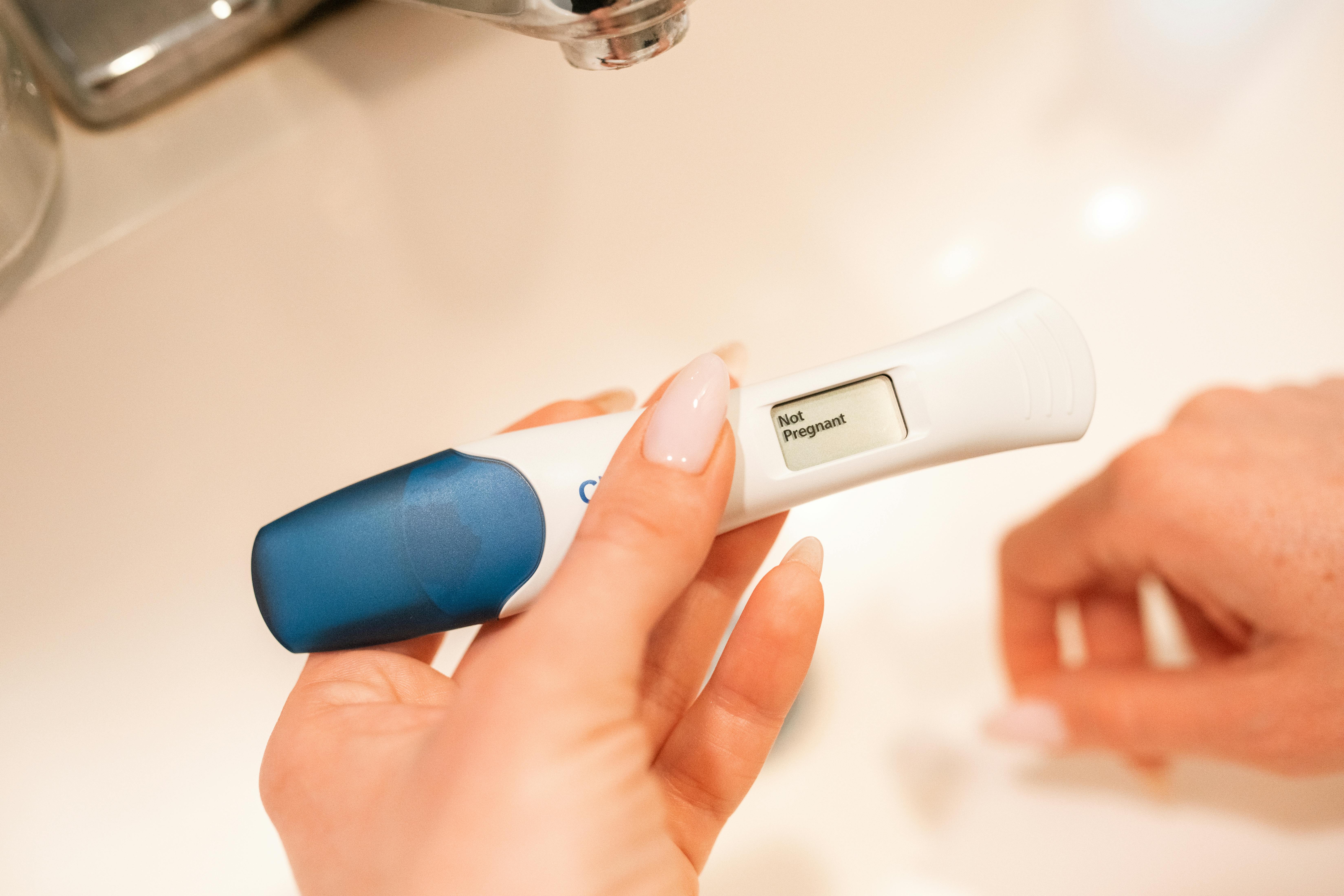Understanding and Managing Haemorrhoids During Pregnancy: Effective Remedies for Piles Relief

Pregnancy is a beautiful phase that comes with its fair share of joy and complications. One such complication that many expecting mothers experience is haemorrhoids or piles during pregnancy. This article delves deep into understanding this pregnancy-related issue and offers practical solutions to effectively manage the condition and find relief.
The Basics: What are Haemorrhoids?
Haemorrhoids, often referred to as piles, are distended veins that are located either inside the rectum (internal haemorrhoids) or around the anus (external haemorrhoids). With similar functionality to varicose veins, these swollen blood vessels can create uncomfortable and, at times, painful conditions, especially when experiencing pregnancy.
Haemorrhoids and Pregnancy – The Connection
Statistically speaking, haemorrhoids during pregnancy are not uncommon. They are most frequent during the third trimester, but can occur at any stage of pregnancy due to the significant physiological changes that pregnancy brings about.
The link between pregnancy and haemorrhoids lies mainly in the increased pressure in the abdominal region. This pressure results from the growing baby, increased blood flow, and hormonal changes, which all contribute to the veins becoming swelled and engorged. Additionally, constipation, a frequent discomfort during pregnancy, aggravates the condition by causing straining during bowel movements.
Signs and Symptoms of Haemorrhoids in Pregnancy
Identifying haemorrhoids during pregnancy is crucial for early intervention and management. The symptoms can vary in intensity and frequency. Here are some common indicators:
1. Discomfort or pain in the anal area
2. Itching or irritation around the anus
3. Swelling around the anus
4. Severe or intermittent anal ache
5. Painless bleeding during bowel movements
If you observe any of these symptoms, it's crucial to consult your healthcare provider to ensure appropriate treatment.
Effective Remedies for Piles Relief During Pregnancy
The good news is, haemorrhoids during pregnancy are manageable and usually resolve after childbirth. Here are some effective home remedies and treatments:
1. Diet Modifications: A high-fibre diet can be beneficial as it softens the stool and facilitates smoother bowel movements, thus reducing the pressure on the piles. So, add more fruits, vegetables, whole grains, and prunes to your diet. Stay well-hydrated as well.
2. Exercise Regularly: Regular light exercise, such as pregnancy yoga or walking, can help to improve blood circulation and reduce the chances of constipation.
3. Good Toilet Habits: Take your time when going to the toilet and avoid straining. Keeping a regular toilet routine can help prevent constipation and its associated problems.
4. Use a Cool Pack: Applying a cool pack or a cold compress around the affected area can provide immediate relief from itching and pain.
5. Pregnancy-safe Haemorrhoid Creams and Treatments: Over-the-counter creams and ointments can provide relief. However, always consult your healthcare provider before using them.
Coping with Haemorrhoids during Pregnancy: A Final Word
Dealing with haemorrhoids during pregnancy is challenging, but adequate knowledge and effective management strategies can make the journey smoother. By incorporating a diet rich in fibre, maintaining good hydration levels, adopting healthy toilet habits and staying active, one can effectively navigate this issue. However, it is of utmost importance to consult a healthcare provider if symptoms persist or if you have any concerns, ensuring the best for you and your baby's health.
In conclusion, while haemorrhoids during pregnancy may seem daunting, remember this condition is temporary and usually improves post childbirth. It's all a part of the incredible journey of bringing new life into this world. Stay informed, take good care, and consult your healthcare provider regularly to ensure a healthy and comfortable pregnancy journey.





